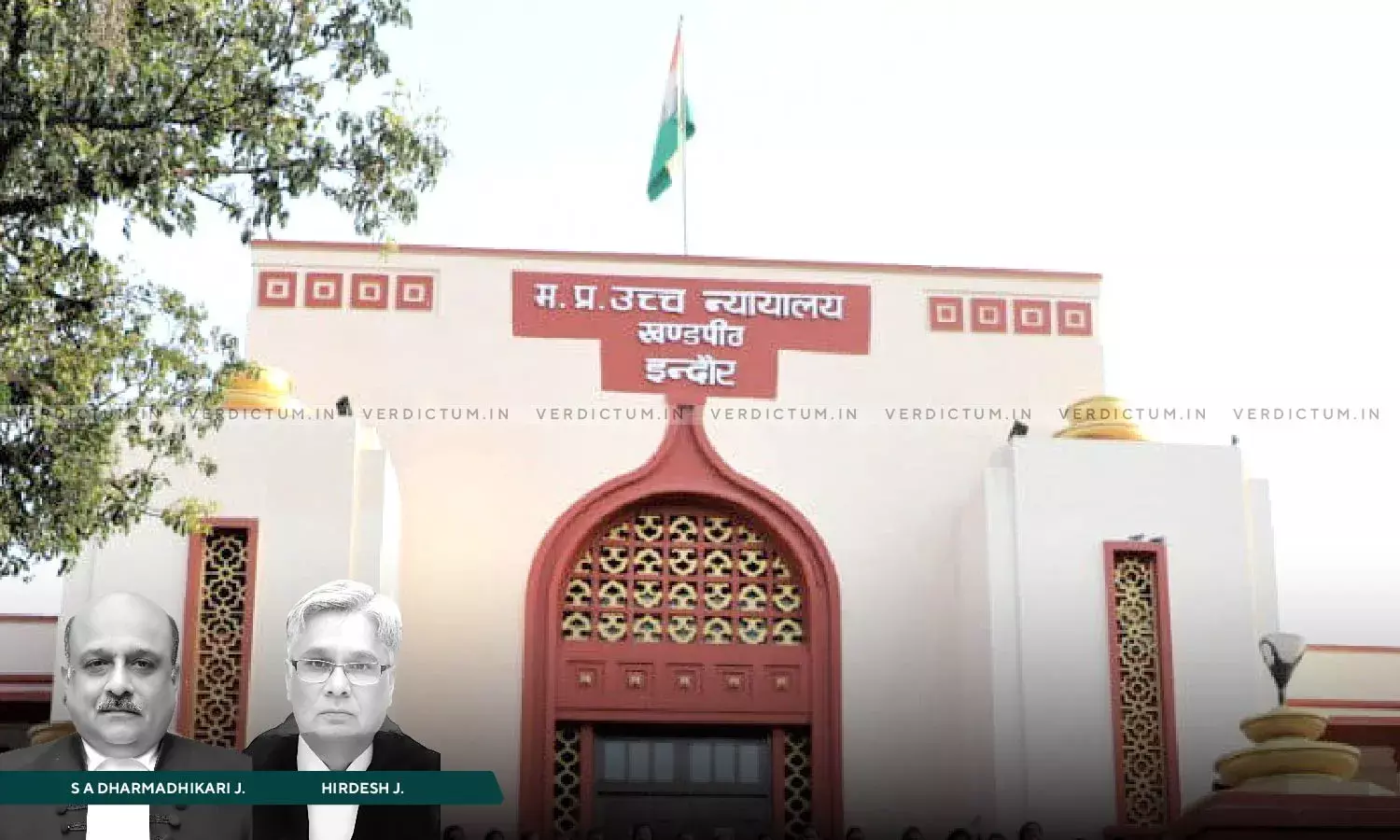Employers Can Transfer Their Employees In Administrative Exigencies But Not As Punishment: MP High Court
The Madhya Pradesh High Court, Indore bench, held that transferring an employee as a form of punishment is illegal and can be set aside.
The Court allowed the Appeal of an employee who was transferred as a punishment for allegedly entering the chamber of the Managing Director. The Court emphasized that employers can transfer their employees in administrative exigencies but not as a punishment.
The Bench comprising Justice Sushrut Arvind Dharmadhikari and Justice Hirdesh noted, “The order in question would attract the principle of malice in law as it was not based on any factor germane for passing an order of transfer in absence of any reply to the show-cause notice. The same has been passed in utmost hast and illegal manner. It is to one to say that the employer is entitled to pass an order of transfer in administrative exigency, but it is another thing to say that the order of transfer is passed by way of, or, in lieu of punishment. When an order of transfer is passed in lieu of punishment, the same is liable to be set-aside being wholly illegal. The respondents even without waiting for the reply to show-cause notice have deliberately transferred the appellant, which amounts to colourable exercise of powers”.
Advocate Abhinav P. Dhanodkar appeared for the Appellant, and Advocate Prasanna Prasad appeared for Respondents no 2 to 4.
The Appellant was a Superintendent Engineer at M.P. Paschim Kshetra Vidyut Vitran Company Limited (Company). He was accused of entering the Managing Director's Chamber without permission, where important files and documents were stored. A show-cause notice was issued to him, but before he could respond, he was transferred to the post of Executive Engineer. On the same day, he was asked to hand over his responsibilities immediately and join his new position. A Writ Appeal was filed under Section 2(1) of the Madhya Pradesh Uccha Nyayalaya Ki Nyayapeeth Ko Appeal Adhiniyam, 2005 (Act, 2005) before the Court challenging the order passed by the Trial Court. The Trial Court had disposed of a Petition challenging a show-cause notice, a transfer order, and a relieving order.
The Court noted that per Section 5 of the Circular, the Managing Director is authorized to make decisions regarding Class-I Officers, including the Appellant. The Court reviewed note sheets provided by Respondents No. 2 to 4 regarding the Appellant's transfer and show-cause notice. Upon examining the transfer note sheet, the Court determined that the Appellant, an Executive Engineer (T&D), was transferred to the position of Superintending Engineer. The note sheet indicated that the transfer was approved on the same date. Regarding the show-cause notice, the Court held it would not intervene despite the Appellant's challenge in the writ petition.
Furthermore, the Court noted that the Managing Director's approval was required before transferring and relieving the employee. However, the transfer was done with malicious intent and was punitive in nature. The Court further noted that the transfer order had no valid reason and violated the principle of malice in law.
Accordingly, the Court allowed the Appeal and set aside the relieving and transfer orders.
Cause Title: Gajendra Kumar v. The State of Madhya Pradesh




